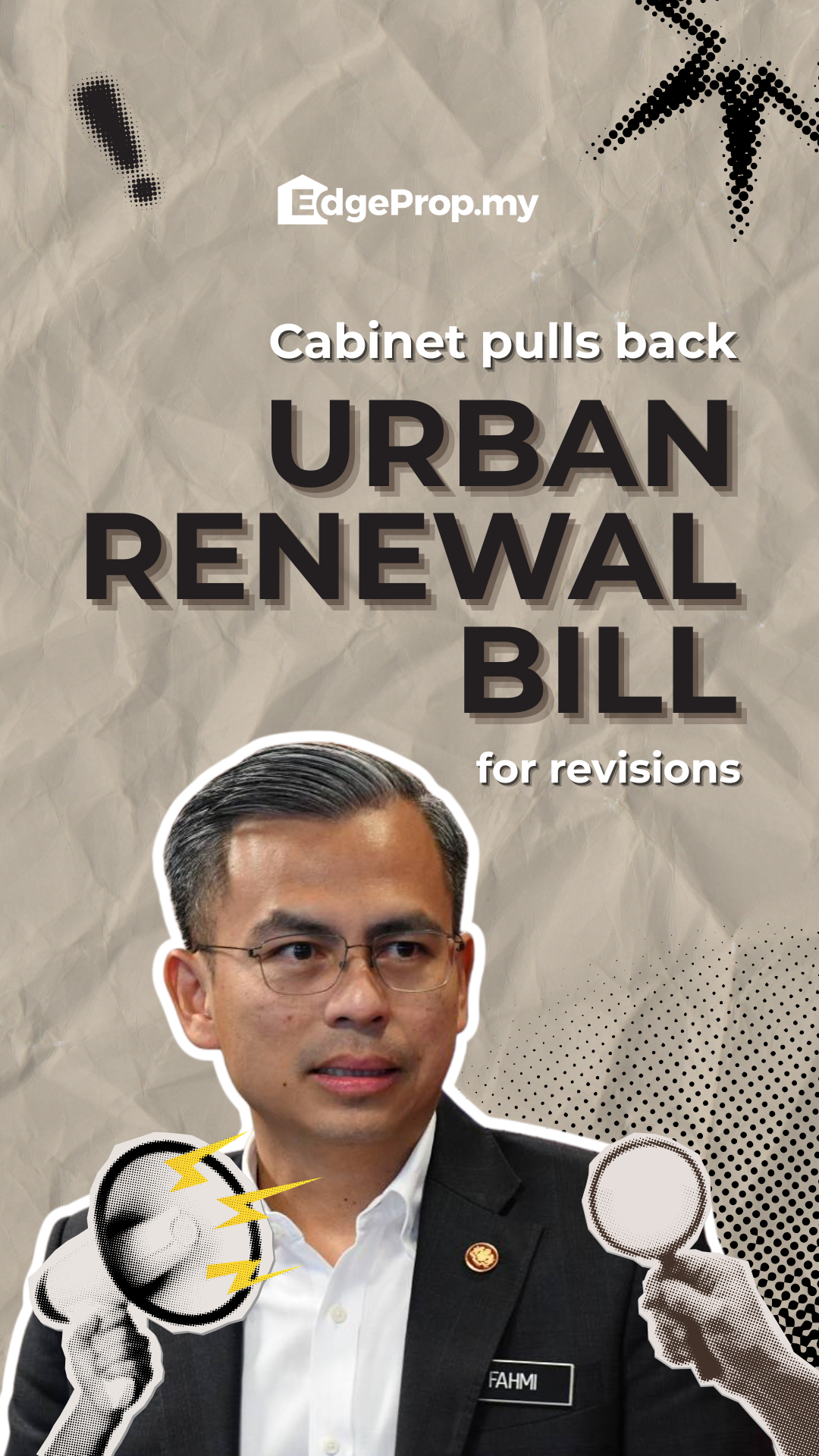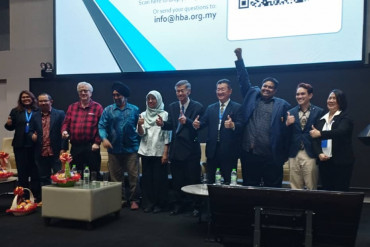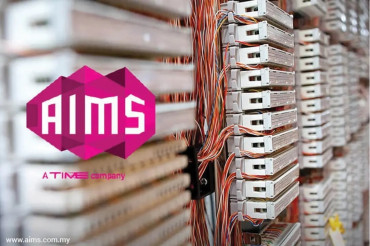ADVERTISEMENT
All Property News
Stay updated with the latest real estate and finance news, including property market trends, housing insights, and valuable information.

Taman Berchang Damai a new village-growth township in Kuala Lipis, Pahang
21 hours ago

PNB yet to decide on Sunway's offer for IJM Corp stake
22 hours ago

AIMS closes land deal, to build RM4 bil data centre in Cyberjaya
23 hours ago

KL Wellness City celebrates CNY with RM1,000 health vouchers, helipad and hospital progress
23 hours ago

Haily clinches RM48 mil double-storey housing contract in Skudai
Yesterday

BCorp redesignates Nerine Tan to CEO
Yesterday

Legally Speaking
Govt seeks to forfeit funds in Ilham Tower, individual accounts linked to Daim case

Guide to Homebuying
Find the best location for your home

Legally Speaking
KL High Court rules developer’s ‘contra arrangements’ with landowner invalid in K Residence condo case; Duta Yap’s son held personally liable
Trending narratives
Malaysia's Most
Loved Property App
The only property app you need. More than 200,000 sale/rent listings and daily property news.














































